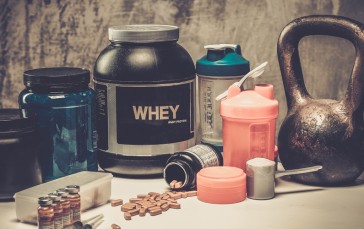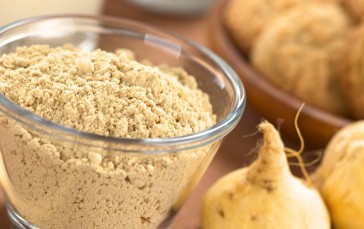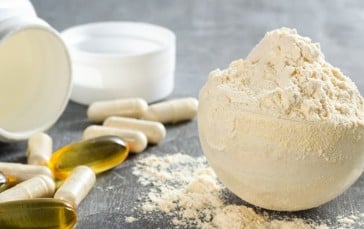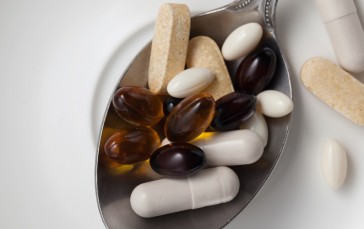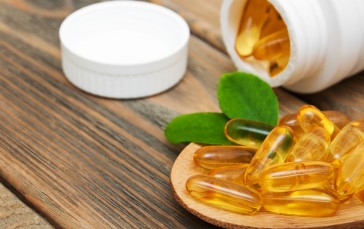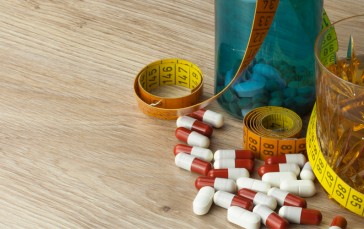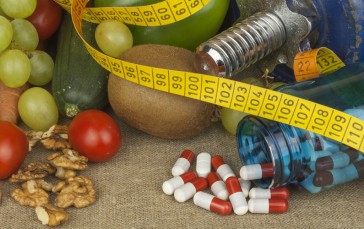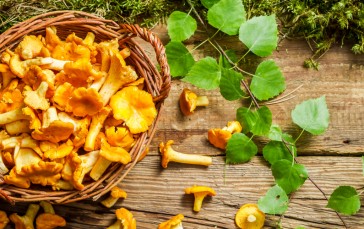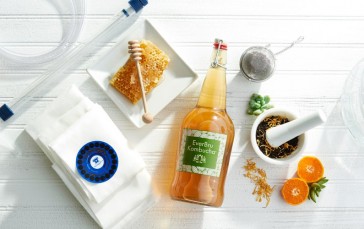Tips For Lowering Blood Pressure
There are many people that experience the symptoms of having high blood pressure. Statistics show that this condition affects over a billion men and women worldwide. One in every three Americans has it. While medicine can surely help their cause, it can be hard to access and frequent use isn’t always recommended. There are also those who supplement their use of medication with some more natural approaches. Whichever group you belong to; you’ll surely benefit from these 10 natural high blood pressure remedies.

Get Moving With Some Cardio
The first, and possibly best, the way you can reduce your blood pressure is by lacing up your favorite pair of running shoes and going for a jog. Studies have shown that regular exercise – even just half an hour of it five days a week – greatly helps in reducing blood pressure and improving overall health. If you’re not really a fan of running, you can take up other forms of aerobic exercise such as aerobics and cycling. You could even go for a swim every now and then if you have access to above ground swimming pools.
Strength Train/Lift Some Weights
If you don’t like doing cardio in general, you’d be happy to know that strength training can also help reduce your hypertension. You can include up to two strength training sessions in your weekly workout schedule. If need be, consult with your doctor about what exercises are appropriate for you. Weightlifting is often overlooked by people who want to lose weight since they focus more on things like cardio or high-intensity interval training. However, studies have shown that pumping iron also helps reduce fat to shed pounds.

Change Your Diet, Reduce Your Sodium Intake
In conjunction with exercising regularly, you should also try to eat as much healthy food as possible to lower your blood pressure. A well-balanced diet includes things like fruits and vegetables, lean protein, healthy fats, and whole grains. You should also consume more potassium-rich foods, as these can counteract the effects of sodium, which increases the risk of developing hypertension.
By the same token, you should reduce the amount of sodium in your diet by avoiding salty and processed foods. Foods rich in potassium include leafy greens, dairy, seeds, and, of course, bananas. It would also be good to keep a food diary in order to keep track of how many calories you’ve consumed in a given day. Reading food labels takes the guesswork out of this. Plus, you’ll be able to see the breakdown of other nutrients such as protein, sugar, and sodium in the things you buy and eat. Losing even just a couple of pounds and inches on your waistline will be a great help in lowering your blood pressure.
Eat More Dark Chocolate And Berries
Eating less of most foods can help reduce your blood pressure. However, there are some food items where the opposite applies. Experts suggest adding small amounts of dark chocolate to your diet. Don’t go for sweetened varieties of chocolate, since these may actually contain more sugar than cocoa. Dark chocolate is packed with flavonoids, which help expand a person’s blood vessels. You can also get dark chocolate with nuts and dried berries mixed in. These provide you with additional potassium and antioxidants respectively.
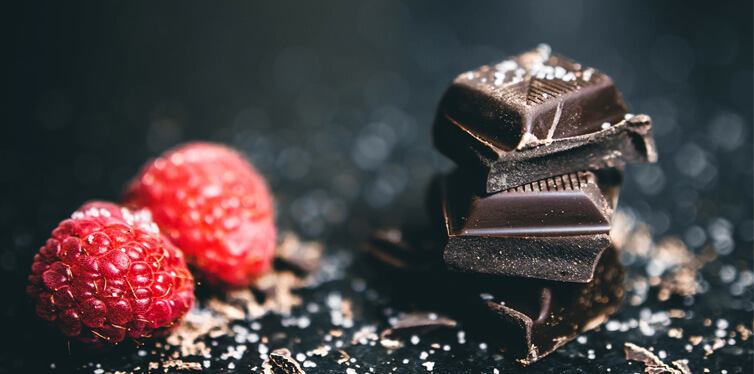
Take Supplements
If you’re a picky eater, you could try taking natural supplements instead. These contain all the important nutrients you need to consume in your everyday diet in a handy tablet form. So, for example, instead of eating a whole bunch of vegetables, you can just drink a single pill. Natural supplements come in drink form as well. A few that help reduce blood pressure levels include aged garlic extract, fish oil, hibiscus, and berberine. Drinking whey not only helps you build muscle, but it also improves blood vessel function.
Reduce Your Caffeine And Alcohol Consumption
It’s not only what you eat that matters; the things you drink also play a considerable part in you maintaining healthy blood pressure. For starters, you should cut back on your caffeine intake if you have hypertension. Skip the coffee machine when you wake up in the morning. You could brew a cup of tea or drink a glass of water instead. Both of these are much healthier options compared to chugging your daily cup of joe.
You should also drink less alcohol if you want to avoid developing hypertension. Drinking alcoholic beverages like wine, in moderation, can actually help drop your blood pressure by a couple of mmHg. However, if you drink too much alcohol too frequently, your blood pressure will go up instead. Keep it two one or two glasses every night. You can still enjoy yourself every now and again, but this should happen less often now if you want to start leading a healthier lifestyle.

Quit Smoking
Another bad habit you should cut back on is smoking. You should even quit it if you can. If you don’t smoke at all, don’t even think about starting. Only bad could come from it. Every cigarette you smoke increases your blood pressure by a little bit. This may seem like a small thing now, but if you smoke a couple of packs a day, you’ll see that they add up quite quickly.
Aside from reducing the symptoms of hypertension, quitting cigarettes can also help lessen your risk of developing deadly heart disease. Aside from this, you’ll also feel your overall health improve. You’ll feel sick less often and you’ll have increased levels of energy to accomplish more in life as well. Chances are you’ll also live longer than those who decide not to quit smoking. For a lot of people, that’s good enough motivation for them to quit smoking.
Manage Your Stress
Monitoring and reducing, if need be, your stress levels also helps regulate your blood pressure. Regularly being stressed increases your hypertensive risk, especially if compounded with things like smoking, drinking alcohol, and eating unhealthy food. Focus on things that you can actually accomplish and don’t get frustrated if you fail. Consider these roadblocks as learning experiences instead. It will help to not put too much expectation on yourself, as this could trigger your stress.

Do Things You Enjoy
Instead of putting most of your attention on solving stressful problems, take some time to relax and do things you enjoy. Go to your happy place every once in a while. You could also try things that you’ve always wanted to experience such as going to a different place, eating at a newly opened restaurant, and sweating it out in an unfamiliar sport. If you find that you can’t do these things by yourself, there’s absolutely no shame in asking for some help from the people close to you.
Practice Deep Breathing And Meditation
Different sources suggest deep breathing exercises and meditation as excellent medicine-free ways of reducing stress and subsequently high blood pressure as well. You could follow deep breathing techniques such as the one from Wim Hof, or you could simply take six deep breaths in 30 seconds then follow it up with another 30 seconds of sitting still. Doing a bit of breathing is better than just sitting still. If you find that neither of these work for you, try looking through the countless medication and breathing techniques available online.
There are ten simple ways you can reduce your blood pressure without the need for medication. By following most, but preferably all, of these tips, you’ll see positive changes very quickly.
Sources:
- 6 simple tips to reduce your blood pressure, Harvard Health
- 10 ways to control high blood pressure without medication, Mayo Clinic
- Fifteen natural ways to lower your blood pressure, Medical News Today


